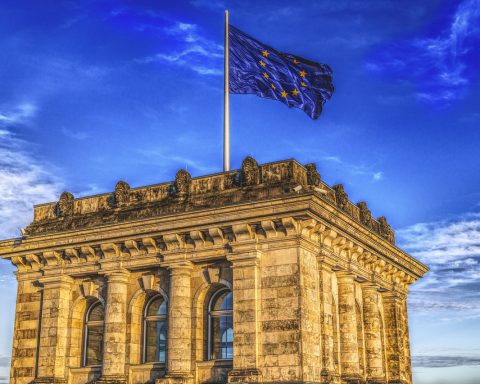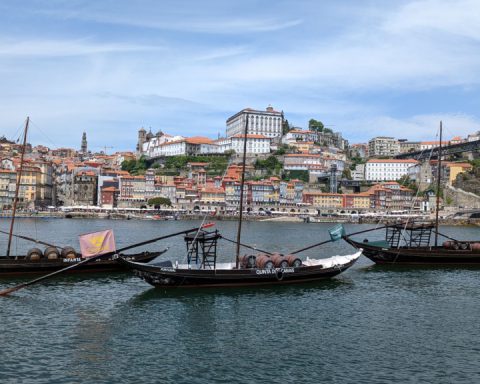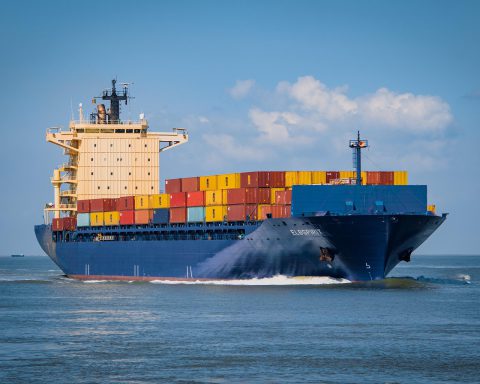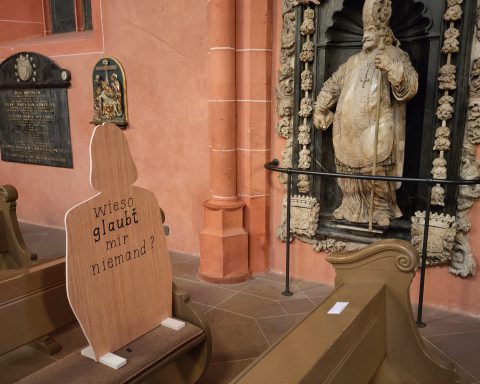2016 will certainly be remembered as an exciting year, not least for journalists. Europe woke up on 24 June shocked at the decision by the English and Welsh to leave the EU, many of whom were persuaded by myths from both the left and right-wing media.
Others did so in protest against increased globalisation and internationalisation.
On 9 November, Donald Trump became President-elect. His election has already become somewhat anticlimactic. His demeanour has become more presidential, and he has already backtracked on some of his most controversial plans.
Last Sunday, 4 December, can be seen as another key turning point for the future of Europe, which is being swept by populist and right-wing movements. As in the U.S. and Britain, this can be interpreted as a reaction to globalisation and feelings among the “ordinary people” of being forgotten. Both Austria and Italy underwent key moments of popular choice then, yielding different results.
Austria

Liberal Europeans breathed a sigh of relief as Austria roundly rejected the far-right Norbert Hofer of the anti-immigration Freedom Party. If elected, he would have become the first far-right head of state in Europe since World War II.
The election was a re-run of the vote in May (due to faulty glue on postal votes), which Hofer lost by less than a percentage point. On 4 December, Alexander Van der Bellen of the Green Party gained 53.8% of the vote to Hofer’s 46.2%.
Van der Bellen got over 300,000 more votes than the May election. The voter turnout of 73.8%, despite the cold weather, is reflective of high political interest in Europe. He was brought over the line by urban, liberal Austrians: Most regions voted for Hofer, aside from the bigger populous cities such as Vienna, Graz and Salzburg.
Women under 29 were also in favour of the Green Party candidate, with up to 69% of this age group voting for Van der Bellen.
The election demonstrates and reflects the stark divide seen in many parts of Europe, including here in Saxony. It is one between liberals who support the open door immigration policy led through by Angela Merkel, and more conservative elements of society, who feel their concerns are not being addressed.

Much like Trump sought to reunite America with his rhetoric after the election, Van der Bellen emphasised that Austrians are united by their nationality and are “all in it together”. He understands his election as a sign that politics of cooperation, reflective of European values, can me made a success of. What Van der Bellen says he wants for Austria is a time of peace and conciliation.
Hofer conceded the election, posting on his Facebook page that he had “so many good suggestions and plans for our great country.” But he also wrote of the hope and confidence he had emphasised during his election campaign, which will give him and his supporters the strength to continue.
The EU’s reaction to Van der Bellen’s win was overwhelmingly positive.

Guy Verhofstadt – former Prime Minister of Belgium and now leader of the Group of Alliance of Liberals and Democrats for Europe (ALDE) in the European Parliament – wrote that it was “amazing news” and that “the EU is stronger than populists think.”
Similarly, Sigmar Gabriel of the Social Democrats (SPD) said that “a huge weight” had been lifted from Europe’s shoulders, which has gained a well-needed victory for rationality over right-wing populism. However, those from another political stance may argue that the Freedom Party of Austria did rather represent a more rational side of the debate on open borders and sovereignty.
Italy
Italy’s referendum concerned reform of the political system. Prime Minister Matteo Renzi proposed curbing the power of the Senate and centralising power in the lower house, which would theoretically make it easier for the government to pass laws.
There were widespread concerns in Europe over an anti-establishment no-vote, as well as the uncertainty and financial turmoil it could cause in the markets.
Some, including in Renzi’s own centre-left Democratic Party, felt that the reforms would give the PM too much power. In hindsight, the Italian vote became much more an opportunity for Italians (like many Brits and Americans) to express anti-establishment sentiments.
The referendum was much more politically-fired than a simple referendum on constitutional change. And Renzi staked too much on the vote with his promise to resign if he lost.
Renzi was true to his word and visited the Italian President Sergio Mattarella to offer his resignation, after only 2 years and 287 days in office. The President must decide whether to call elections or appoint another Prime Minister.
The Northern League is calling for immediate elections, which could further add to the turmoil, particularly in the Italian economy. What is clear now is that Italy in entering an uncertain period. Bank shares have fallen, and shares particularly in Monte dei Paschi of Siena, the oldest surviving bank in the world, fell by 4%.
Matteo Renzi posted a video on his Facebook page, outlining the successes of his time in office: in his “difficult but beautiful” 1000 days, unemployment and the deficit have decreased, and the GDP has increased by 1.6%. However, his critics will point to a stuttering economy and high youth unemployment, with the fruits of his success not being felt by many Italians.
The “No” campaign, headed by the anti-Euro Five Star Movement, took advantage of Renzi’s declining popularity, fuelled by huge numbers of immigrants from Africa and years of economic sluggishness.
The no-vote was chosen above all by young people. Those over the age of 55 favoured Renzi’s reforms, or rather Renzi “the man” and the young political blood he seemed to represent.

Many who voted “Yes” did so out of fear that the country could otherwise fall to Beppe Grillo of the Five Star Movement or to Matteo Salvini of the Northern League.
The outcome is seen as a blow to the EU: Zeit online ran the headline “Matteo Renzi: Italiens letzter Europäer” (Italy’s last European) on 2 December.
Verhofstadt, however, noted that “the vote has been wrongly portrayed by some as a plebiscite on Europe.” He says it was, in fact, “nothing more than an ordinary, political coup of the two big old parties on Italy’s political system.”
Although Renzi, at 39, was the youngest Italian PM when he took office, Verhofstadt argues that Italians are looking for “fresh blood and new ideas in Italian politics.”
For Verhofstadt, the reasons populists are gaining such ground in Europe are that a convincing investment package, good management of the refugee crisis, and European defence are lacking. Until these issues are addressed and while politicians continue to play political games, Europeans will continue to express their disenchantment with the establishment.
The far-right leader of the Front National in France, Marine Le Pen, took the vote as a signal of Europeans’ reaction to loss of sovereignty and control. She tweeted on 4 December: “The Italians have disavowed the EU and Renzi. We must listen to this thirst for freedom of nations.”
Finance Minister Pier Carlo Padoan is the likely candidate to replace Renzi.
All is still to play for in Europe.
With national elections next year in Germany, France and the Netherlands, the European Union will either spiral downwards, or hopefully come together and reform. What is clear is that the middle ground in Europe needs to be addressed and perhaps European leaders should be looking inwards to do so.
With Angela Merkel already taking a much more conservative stance on integration and immigration, the next weeks and months will be sure to have interesting developments.
By Jessica Jacques
Jessica has a degree in European Studies from Trinity College Dublin, with a focus on Italian and German. She is an enthusiast for languages, travel and now journalistic writing. She began writing for publications in her last year of college, and some of her opinion pieces have appeared in The Irish Times.








